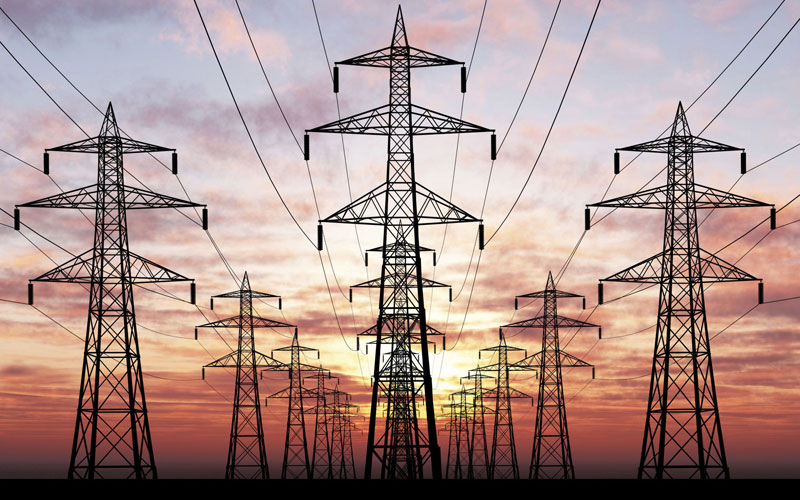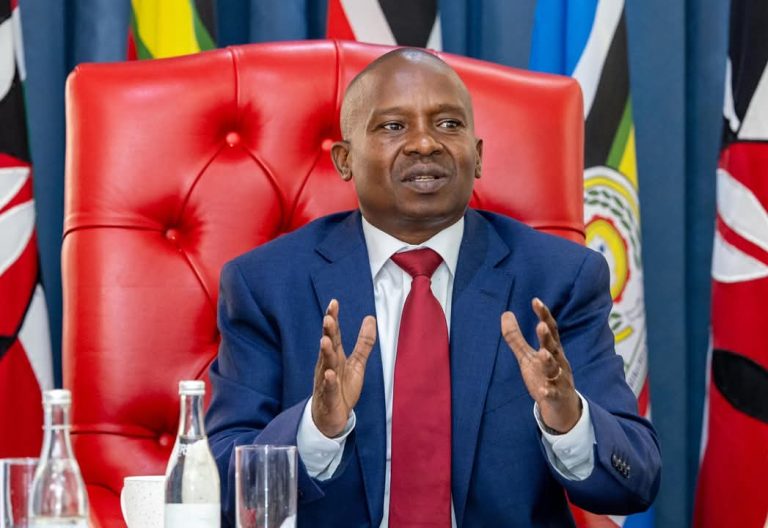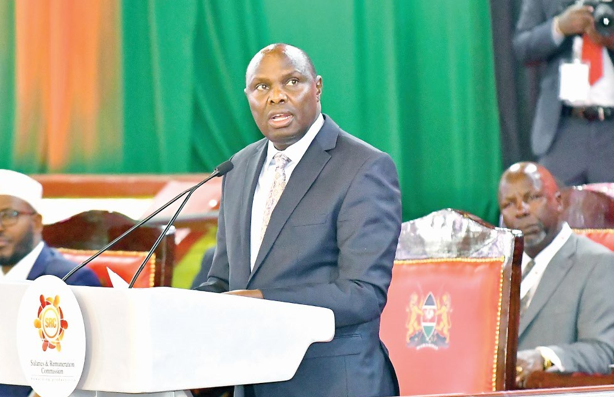Lawmakers mull plan to decentralise power generation to regions

Lawmakers are considering supporting the idea of decentralising power generation to specific regions, as part of measures to lower the cost of power in the country.
This was after the Departmental Committee on Energy yesterday heard that decentralising power generation in parts of the country that were not on the grid would reduce system losses estimated at 16 per cent that were being met by consumers.
“Distributing power to parts of the country that are far of the grid results in a 16 per cent loss and someone has to pay for it,” said Japheth Bulali, the General Manager of Kenya Tea Development Authority (KTDA), which has 12 regional power companies that supplies Kenya Power with electricity through the feed in tariff programme.
KTDA currently has a capacity of 14 MW, which it supplies to its affiliate factories at a rate of Sh14 per kw, compared to Kenya Powers Sh22. Bulali said they plan to scale-up production in the next six month to 40 MW.
The Energy Act 2019 has withdrawn Kenya Power’s monopoly to supply power, giving Independent Power Producers (IPP) like KTDA the opportunity to supply the commodity directly to consumers.
The Energy Committee held the meeting to inquire into the discrepancy in the procurement of power costs between KenGen and independent electricity power producers by Kenya Power and report its findings and recommendations to the House after the unsatisfactory response given to a request for a statement by the member for Garissa township, Aden Duale, MP.
Analysts have blamed the skewed Power Purchase Agreements (PPA) for the expensive power consumers are paying for in the country currently.
Under the typical PPA, a power producer gets paid for any electricity produced, even if it is impossible for Kenya Power to sell it to consumers due to excess capacity and other reasons.
Purchasing stage
Kenya Power buys most of its electricity from State-controlled KenGen. The legislators will also be looking at changing the Energy, Petroleum and Regulatory (EPRA) law to allow for the control of prices at the purchasing stage.
“I think we need to regulate prices from the purchasing time, as EPRA only controls selling price,” said the Energy Committee’s stand-in chairperson Gladwell Cheruiyot.
The committee also tasked KTDA to “highlight challenges they go through while trying to do their power business independently” that will be included in their report.













